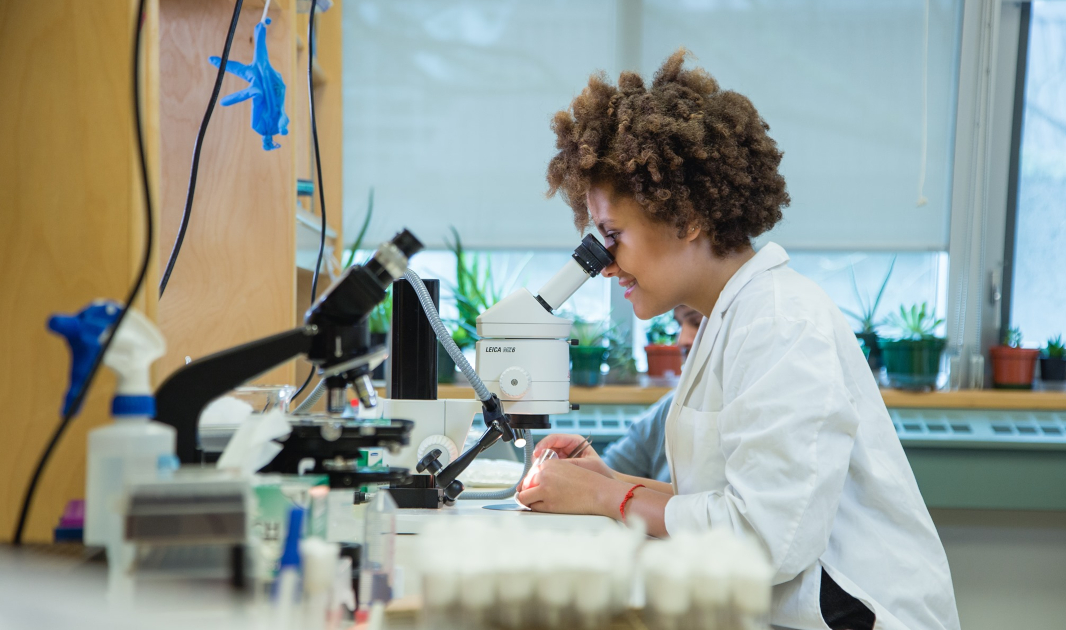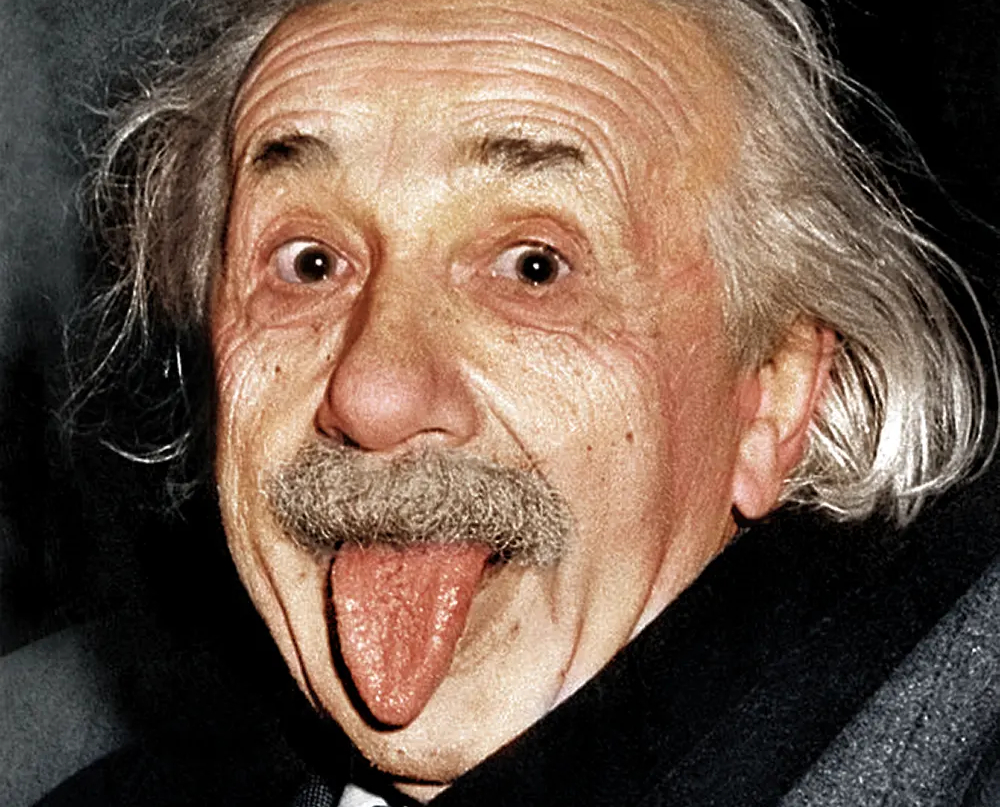Not all scientists look like Albert Einstein, wear white coats and work in labs. There are a wide variety of roles that require knowledge and application of science, from research to business and from regulation to teaching.
From technology to medicine, scientists make an invaluable contribution to how we understand the world around us; from how atoms collide, and substances react with one another to forces within nature and biomechanics.
Regardless of the image some people still have of science, what are the characteristics of a good scientist? We believe these are the traits that you need:
- Curious: Scientists are curious about their world. They want to know why things happen and how things work.
- Patient: Scientists are patient as they repeat experiments multiple times to verify results.
- Courageous: Scientists work to discover answers often times for years and with numerous failures. They recognize that failed experiments provide answers as often as successful ones.
- Detail-oriented: In science, answers are built upon observations and collected data. Close attention to details is important in the development of science theories. Detailed observations in one experiment could also lead to answers in another.
- Creative: Contrary to popular opinion, scientists must be creative, able to think outside the box and envision things that cannot be seen.
- Persistent: Scientists recognize their work may take decades, and that their approach may be wrong and their work could be proven false by future scientists.
- Communicative: Scientists need good communication skills. They may need to work as part of a team, share information with the public or collaborate with colleagues around the world.
- Open-minded: Scientists need to suspend judgment so they can continue to observe and collect data while searching for the best possible solution. Even though they’re working with a hypothesis in mind, they must remember there are many more hypotheses.
- Problem-solving: Scientists need to analyse information and make critical decisions to solve experimental problems or world problems.
Have we missed any? Let us know!

The London-based Science Council has come up with its own definition of a good scientist. It says:
A scientist is someone who systematically gathers and uses research and evidence, to make hypotheses and test them, to gain and share understanding and knowledge.
A scientist can be further defined by:
- How they go about this, for instance by use of statistics (statisticians) or data (data scientists).
- What they are seeking understanding of, for instance the elements in the universe (chemists, geologists etc), or the stars in the sky (astronomers).
- Where they apply their science, for instance in the food industry (food scientist).
However all scientists are united by their relentless curiosity and systematic approach.
You might also be interested in
We succeed when you succeed
Lab projects made easy with Evolve
Evolve offers a vast selection of quality laboratory products from the most trusted industry leaders.
Equipment supplied by Evolve is used in the research, development and manufacture of biotechnological and pharmaceutical drug therapies, as well as in research and application laboratories. In addition, we also reach adjacent markets such as the food and beverage industry.
From service and maintenance, to the installation of new equipment, Evolve is always by your side to provide the support and technical expertise you need to continue making progress with your vital operations.
Get in touch with the Evolve experts today to find out more about our laboratory equipment services. Call us on +356 2248 9900 or email info@evolveltd.eu.


